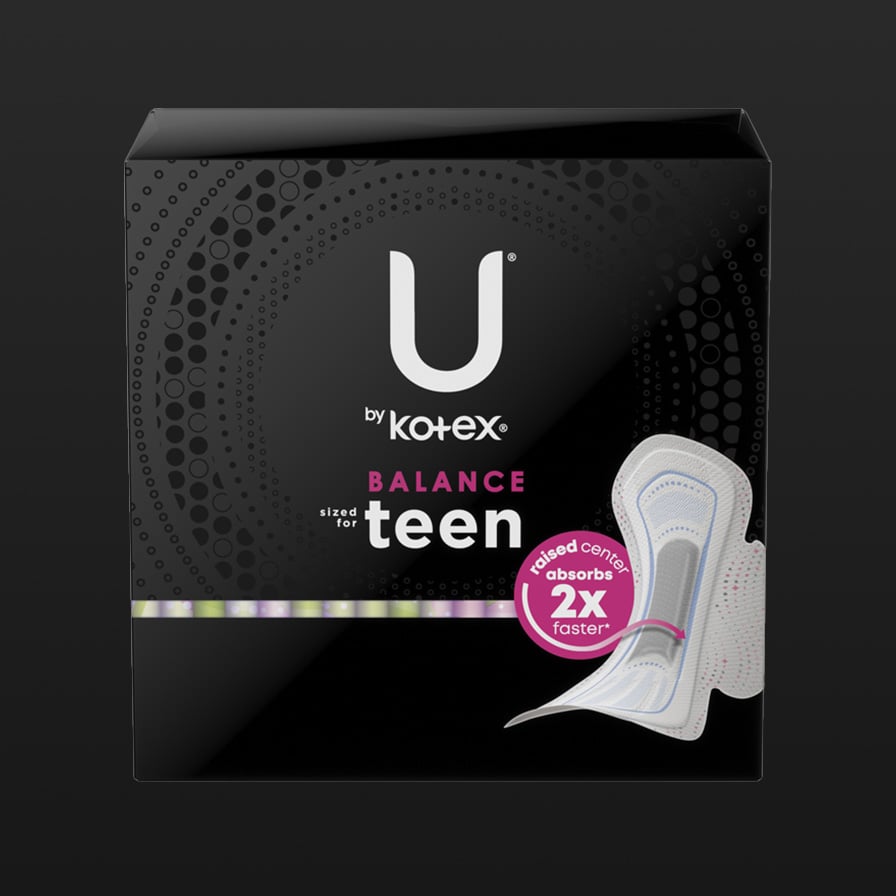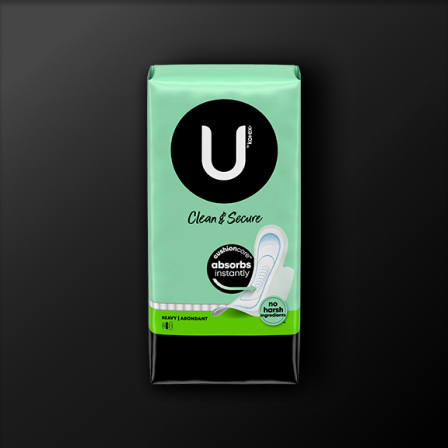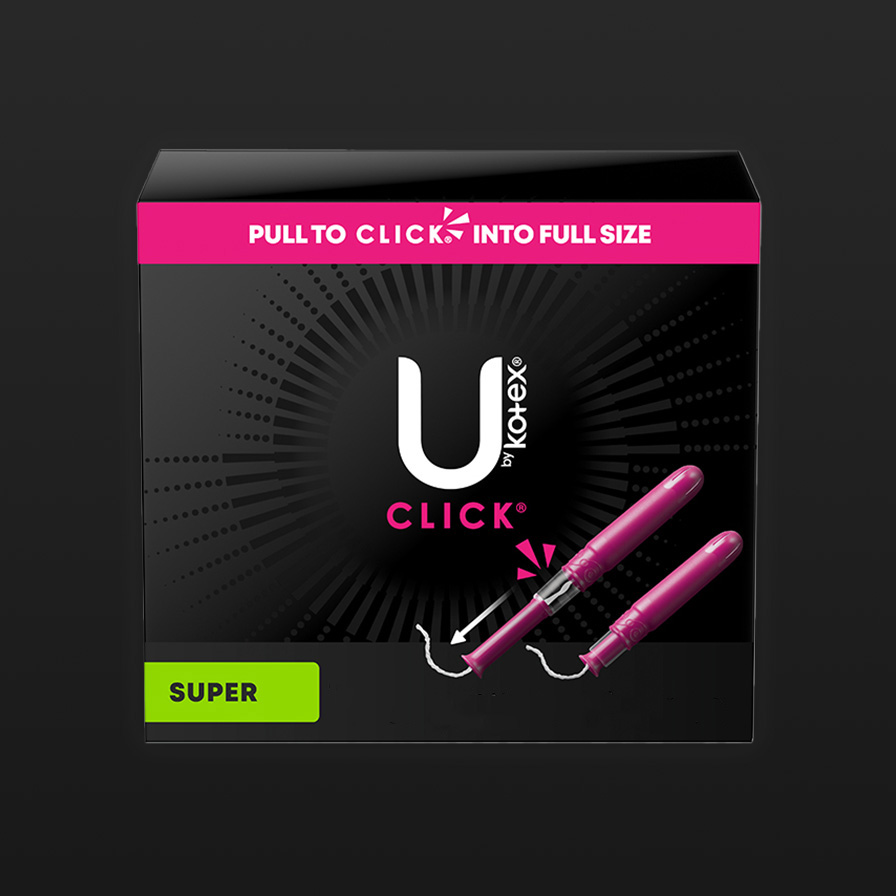Words Matter: Combating Period Stigma with Real Talk
Words Matter: Combating Period Stigma with Real Talk
What contributes to the stigma in talking about periods? Dr. Tomi-Ann Roberts shares tips for opening up conversations.
Who is “Aunt Flo” and Why Does She need Sanitary Protection?
Let’s face it: periods are a normal part of daily life. Yet we sure don’t hear about them very much, because period stigma often drives people away from talking about them. Instead, we hear euphemisms in our daily language. Euphemisms are defined as non-offensive words or expressions used in place of ones that may suggest something unpleasant. Consider the many euphemisms used for periods – terms like “aunt flo” or “monthly visitor.” Some stores label period pads and tampons as “sanitary protection.” The actual words “menstruation” or “menstrual” are avoided at all costs!
Words Matter
Euphemisms might seem harmless, but they create a vicious cycle. These euphemisms can lead to more stigma and keep us in the dark about how periods can affect physical and mental health. For example, using the term “sanitary protection” to describe tampons and pads implies that periods are dirty and that our bodies require protection from them, when in reality, periods are a natural part of life.
Throughout history, societal messages around menstruation have made periods seem negative. When we hear others periods as if they are scary, we’re more likely to use similar language ourselves, thus creating a cycle of messages that make us afraid of periods. Additionally, we may be influenced by others’ verbal and physical reactions when we bring up periods in conversation. If our friends or family respond with disgust, we might avoid raising the topic in the future, and we use those euphemisms instead. This fuels the stigma-driven cycle of fear about experiencing and talking about periods.
Say It Loud, Periods Happen and We’re Proud
One way to shift this fear is to normalize conversations about periods and combat the stigma with real-talk. Sometimes, fear can come from a place of uncertainty. By educating on the normalcy of periods, and using actual words like “menstruation,” “vagina” AND “period,” we give each other space to engage in the conversation, rather than shy away from it. Driving these conversations gives those who menstruate the confidence to manage their cycle with the right products and other important factors like healthy food and adequate sleep. We can also drive change by talking more positively about periods, rather than complaining about their inconveniences or telling jokes full of euphemisms. For example, commenting on the power of the (truly magical!) menstruation process might encourage others to see how periods work hard to keep bodies healthy and capable. Don’t forget how cool it is that periods help the circle of life keep spinning, after all! Finally, we should support others who are having bold conversations, too. By inviting all genders to have open conversations with real-talk language about period experiences and period products, you spread both confidence and education to everyone, whether they menstruate or not.
Author Summary: Tomi-Ann Roberts, PhD, is Professor of Psychology at Colorado College whose research, teaching, advocacy and expert testimony centers on her theory Objectification Theory, which examines the sexual objectification of girls and women. In addition to her scholarly publications, she has served on the American Psychological Association's Task Force on the Sexualization of Girls and as the President of the Society for Menstrual Cycle Research.








